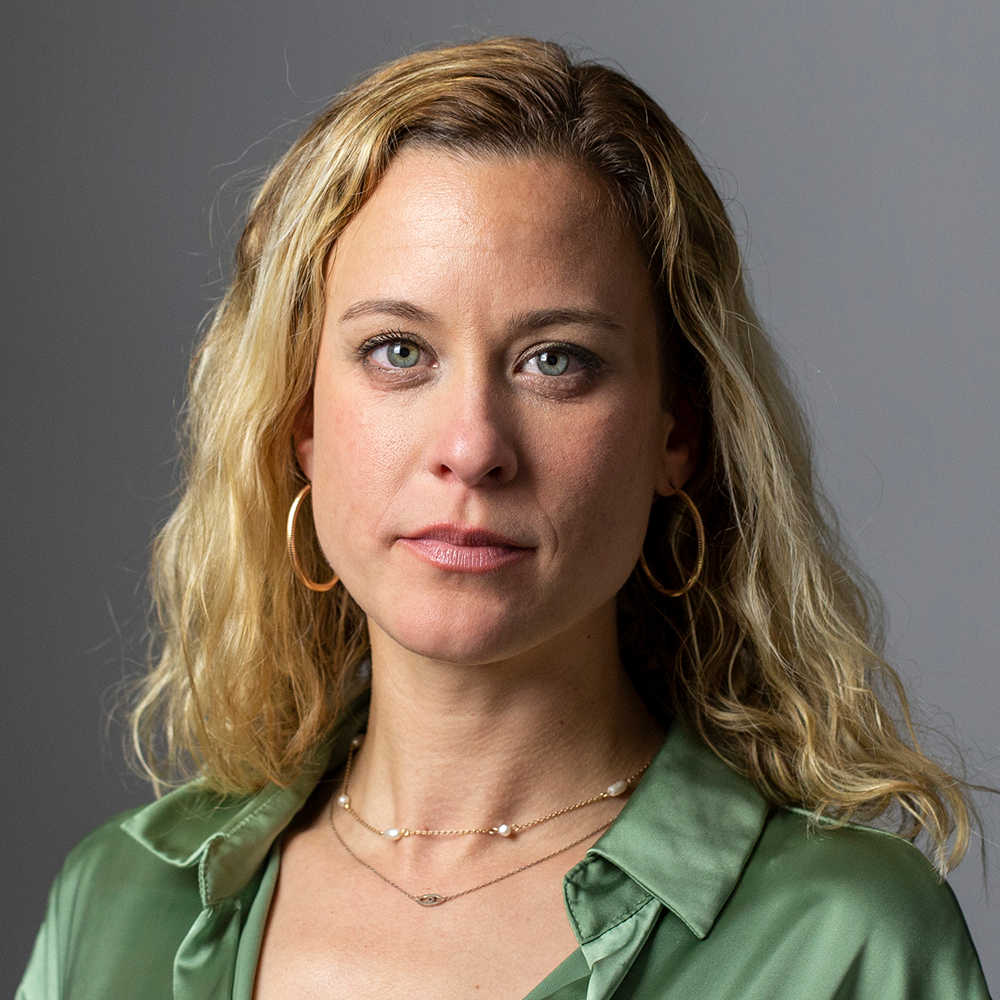
Switzerland Today
Dear Swiss Abroad,
To our fellow Swiss in the US: happy election day!
Here in Europe, many of us feel the potential impact of the upcoming election results in the United States. As a woman who has lived in the US for many years, I am emotionally invested in the presidential outcome. I’ll even be attending an election viewing party in Zurich.
As of the time of this briefing, the race remains extremely close. The New York Times reports that Democratic nominee Kamala Harris is polling at 49%, with former president Donald Trump just one point behind at 48%.
The next days will bring a new US president, and with it reactions from Switzerland and abroad, but for now we still have the news of today to share.
In today’s briefing: a Swiss newspaper poses a pressing question about the Swiss-EU freedom of movement agreement, a Swiss plastic surgeon shares his vision for the future of reconstructive breast surgery, and we reveal how the Swiss might vote in the US election.
Sunny regards from Bern.

EU ambassador sparks debate over Swiss-EU relations
Last week Swiss-EU relations were at the centre of several heated debates. In a lively television discussion, EU Ambassador Petros Mavromichalis accused Switzerland of “cherry-picking” EU legislation. A key point of contention is immigration: while Switzerland wants to enforce stricter restrictions, this would contravene the freedom of movement agreement with the EU (see last week’s briefing, available in English, German, French and Italian).
As Swiss newspaper the Neue Zürcher Zeitung (NZZ) points out, freedom of movement is a two-way street, but for every 11 EU nationals moving to Switzerland, only one Swiss person relocates to the EU. Last year, 64,000 people moved to Switzerland from the EU, primarily from Switzerland’s three largest neighbouring countries, which are also key sources of labour migration. By contrast, only 5,800 Swiss people left for the EU or the EFTA region.
However, there’s a caveat to these figures. Swiss immigration data is detailed, but information on how many Swiss citizens move abroad only includes those who de-register from their permanent residency in Switzerland. Swiss citizens who remain registered or visit sporadically aren’t counted in the statistics.
- Full article from the Neue Zürcher Zeitung (NZZ)External link (in German)

Innovations in reconstructive breast surgery
About 6,500 women in Switzerland are diagnosed with breast cancer each year, with around 30% undergoing a mastectomy. Many of these women choose breast reconstruction after surgery.
French-language news outlet 24 heures recently spoke with Yves Harder, head of the Reconstructive Surgery Department at Lausanne University Hospital, about the options available to women post-mastectomy and his hopes for the future of reconstructive surgery.
Harder explained that women currently have two primary options: prostheses or the “flap” technique. The “flap” method is typically used in cases where a mastectomy or radiation therapy has left insufficient chest tissue to support an implant, with fatty tissue transplanted from another part of the patient’s body or from a donor.
Around 60% of women opt for prostheses (commonly known as silicone implants) since they require only a single surgery. However, Harder warns that implants can migrate, harden or crack over time, necessitating future replacements.
Harder is hopeful that, in the future, labs will be able to grow breast tissue from patients’ own cells.
- Read the full interview in 24 heuresExternal link (in French)

Cryptocurrencies increasingly used for crime in Switzerland
In Switzerland, cryptocurrencies are involved in around 10% of reported cases of money laundering and terrorism financing.
In 2018 fewer than ten financial intermediaries were active in the cryptocurrency market in Switzerland. Today, that number has risen to over 200, according to Italian-language Swiss public radio, RSI. Suspicious cryptocurrency transactions in Switzerland have gone from “a handful” in 2018 to daily occurrences, says the Money Laundering Reporting Office (MROS).
While Zug is renowned as a global “crypto valley”, Lugano in canton Ticino is also emerging as a cryptocurrency hub. Lugano recently hosted a forum on “Plan B”, a project aiming to promote cryptocurrency use. “Plan B” is a collaboration between the city of Lugano and cryptocurrency firm Tether to leverage bitcoin technology to enhance the city’s financial infrastructure.
Switzerland has incorporated international efforts to tackle crime involving cryptocurrency. However, Tether is reportedly under investigation in the US for alleged involvement in drug trafficking, terrorism and cybercrime.
- Read more on Swiss public radio, RSI External link(in Italian)

Swiss support for Trump surprising in US election poll
A recent online survey reveals that 61% of Swiss respondents would vote for Democratic candidate Kamala Harris if they could, while 25% would back Republican Donald Trump.
Support for Trump among the Swiss is relatively high compared to neighbouring countries. In Germany, only 13% would vote for Trump, while in France and Italy, support stands at 16% and 18% respectively.
Denmark recorded the lowest pro-Trump sentiment, with only 4% supporting the Republican candidate; Serbia has the highest at 59%.
- More on this poll by SWI swissinfo.ch (in English)
- More on this poll by BlickExternal link (in German)

Picture of the day
As the fog pushes down on low-lying cities in Switzerland, a cable car pushes above the clouds towards the Hoher Kasten mountain in canton Appenzell Inner Rhodes.

In compliance with the JTI standards
More: SWI swissinfo.ch certified by the Journalism Trust Initiative








